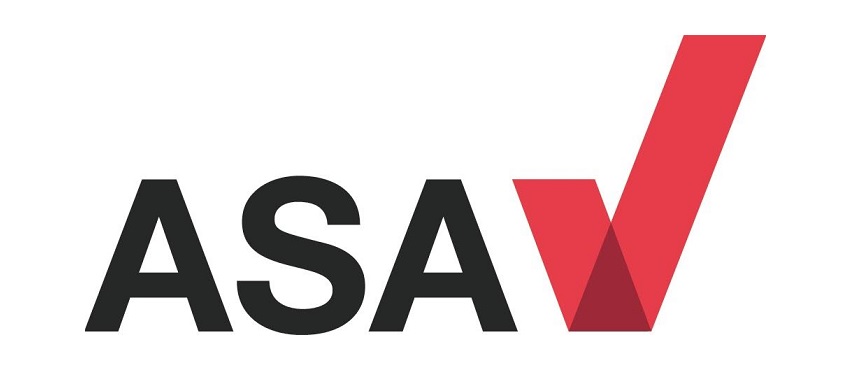The UK Advertising Standards Authority (ASA) has ruled against an advertisement for the Kwiff betting and gaming brand for being inappropriately targeted.
The ad appeared on the website of Portsmouth Football Club within a news article about the Junior Blues, the club’s membership program for children aged 4-17.
The featured text stated: “Grab up to 200 Cash Free Spins on Book of Dead! Wager £20 on slots and Get 40 Cash Free Spins for five consecutive days. Sign Up Kwiff”.
In its defence, Eaton Gate Gaming (Kwiff) said that the ad was only displayed on the news section of the football club’s website and not on any pages that were dedicated to children and young people.
The company said that an important point was that portsmouthfc.co.uk was not specifically directed at children and the area where the ad was seen, the news section, was not targeting children. In addition, the article was not written in such a way to appeal to a child audience, the company argued.
It added that the behavioural targeting technology used was a precise and accurate tool meant to maximise return on ad spending and so limited underage viewing.
The ASA noted Kwiff’s sophisticated targeting tools but ruled that the ad was inappropriately targeted.
“The web page referred to packages aimed at children too young to easily access the content, specifically the Pompey Pup and the lower end of the Pompey Junior membership [five to six years old], and therefore it was reasonable in those limited instances to expect that the article would be more of interest to parents,” the ASA explained.
“However, it also included packages for older children, who may have direct access to the website and be interested in a news article which spoke directly to them through the headline and design. In addition, text at the bottom of the article stated, ‘Click here to join the Junior Blues today – and do not worry if you are aged 18 or over, as we also have adult membership packages available’.
“Therefore, the article, by making the distinction between those over 18 and referring to them separately for adult packages, indicated that the page was primarily directed at readers under 18 who could either use the article as a starting point to engage parents or relatives to become a member, or for older children go on to buy the membership directly from the website.”
The ASA therefore ruled that the ad breached CAP Code (Edition 12) rules 16.1 and 16.3.13 (Gambling) because the ad appeared in the context of a web page that was directed at people younger than 18 years old.
